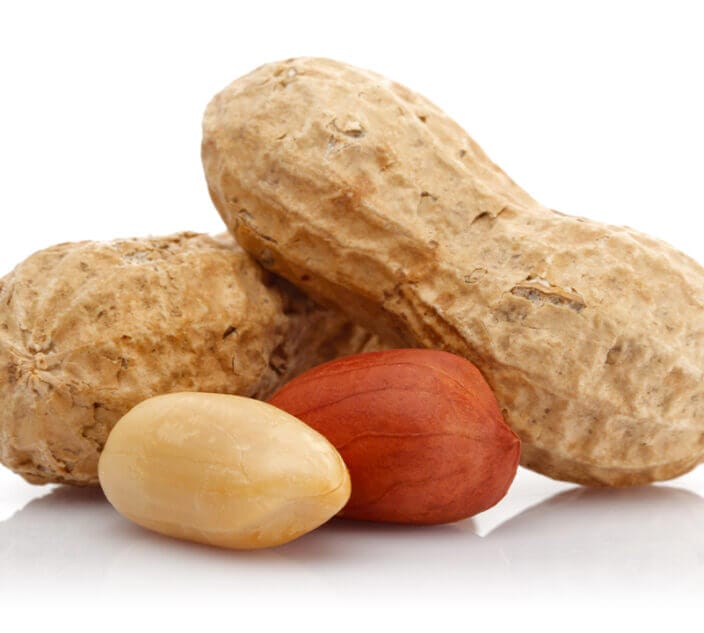The cover story in the Winter 2014 edition of Allergic Living shows that numerous studies are finding a consistent protective effect against allergies and asthma in children exposed to dogs in the household in infancy.
The effect is believed to be related to changes in the human microbiome, the vast populations of microbes that live within the body, outnumbering our own cells by ten to one. Differences in species and amounts have been shown to be related to a host of health effects, including allergies and asthma.
Now, researchers at the University of California, San Francisco and the University of Michigan have managed to home in on a specific bacterial species that they believe is in part responsible for the protective effect.
“The composition and function of the gut microbiome strongly influences immune reactions and presents a novel avenue for development of therapeutics for both allergic asthma and a range of other diseases,” said Susan Lynch, lead study author and associate professor with the division of gastroenterology at UC San Francisco.
For the study, scientists exposed mice to dust from homes with dogs and then challenged them with cockroach allergens. It was found that allergic asthma-related lung inflammation was greatly reduced in the mice that had been exposed to the dog dust, compared with mice exposed to dust from homes without pets, and those not exposed to any house dust at all.
The researchers also discovered that a specific bacterial species, Lactobacillus johnsonii, appeared to be directly related to preventing airway inflammation in mice when it was fed directly to them. However, the level of protection granted by this single species was lower than that experienced by the mice exposed to the dust from homes with dogs, suggesting it’s not the only species that helps grant the protective effect.
While the study involved only mice, the authors are confident that the effect would also apply to humans, and are currently examining this idea through another ongoing study.
“Gut microbiome manipulation represents a promising new therapeutic strategy to protect individuals against both pulmonary infection and allergic airway disease,” said Lynch.





